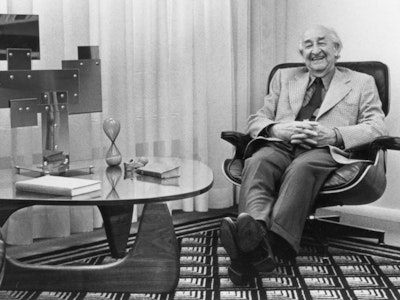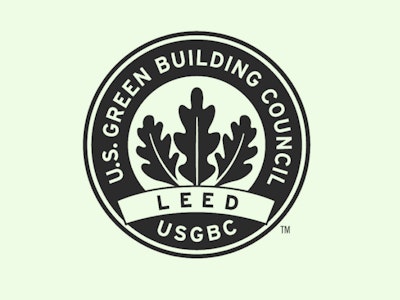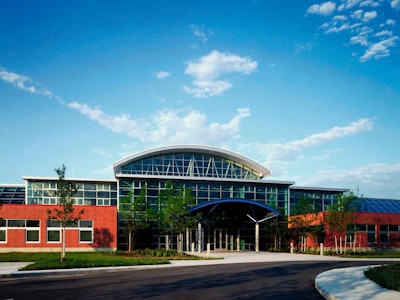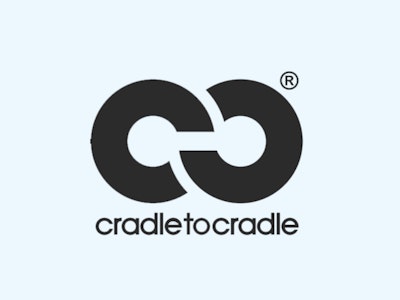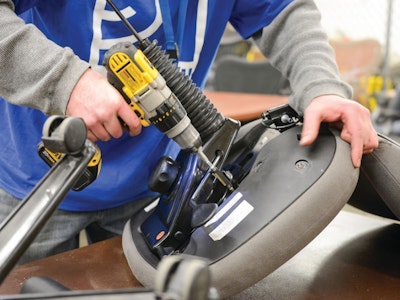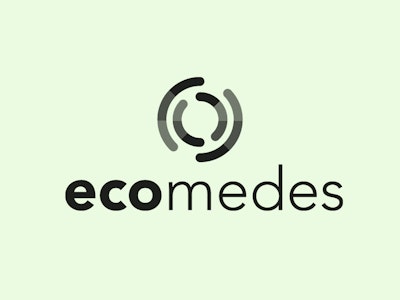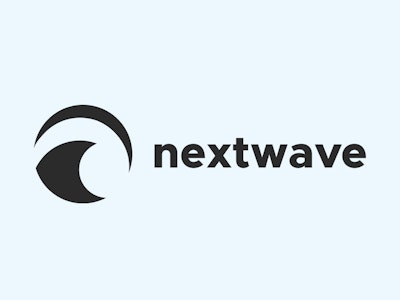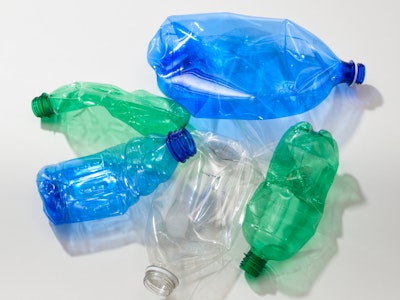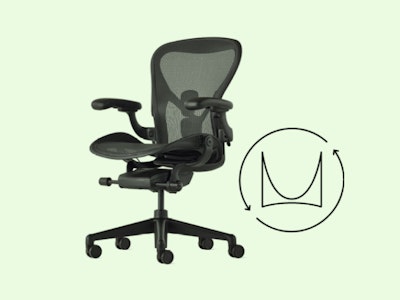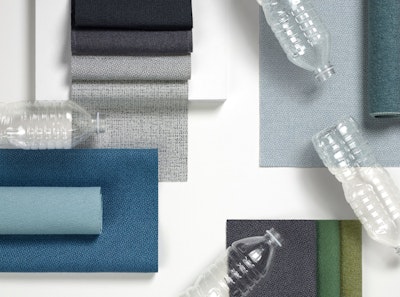Planet
Climate change is not just a distant threat. It is an urgent challenge confronting us today. So, we’re taking bold steps toward a more sustainable future for the planet we share.
Our mission is to design and make the world’s best products in the most sustainable way.
Sustainability is a shared responsibility
Together with our partners, clients, and suppliers, we are working to drive meaningful change and make a lasting difference in the way we design, manufacture, deliver, and maintain furnishings and the built environment.
Carbon
We strive to design the lowest carbon-footprint products and commit to achieving net-zero emissions by 2050.
Materials
We are working to use sustainable, 100% bio-based or recycled materials by 2050.
Circularity
We aim to design timeless, durable products with zero waste by 2050.
‘We will be good stewards of the environment’
Since 1953, when Herman Miller founder D.J. De Pree established environmental stewardship as a company priority, our brands have been pioneers in sustainability. These timelines provide a snapshot of what we’ve accomplishments since.
Our purpose-led work goes beyond sustainability
Our Better World pillars include planet, community, and people. Explore other ways we’re using the power of design to shape a better world.
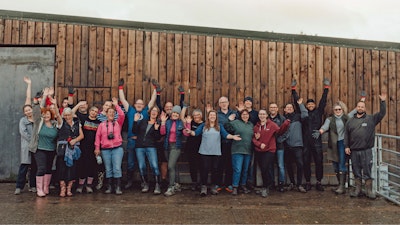
Community
We are building a culture that champions associate engagement, nurtures and rewards talent, and provides opportunities for career growth.
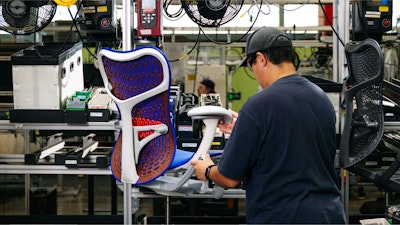
People
We are building a culture that champions associate engagement, nurtures and rewards talent, and provides opportunities for career growth.
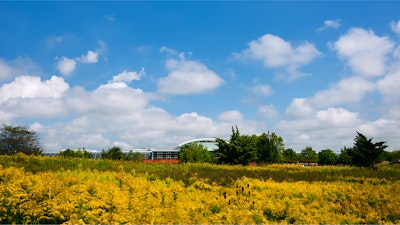
Better World
Our annual impact report is a record of the good work we’ve done over the past few years through our environmental, social, and governance (ESG) practices.
